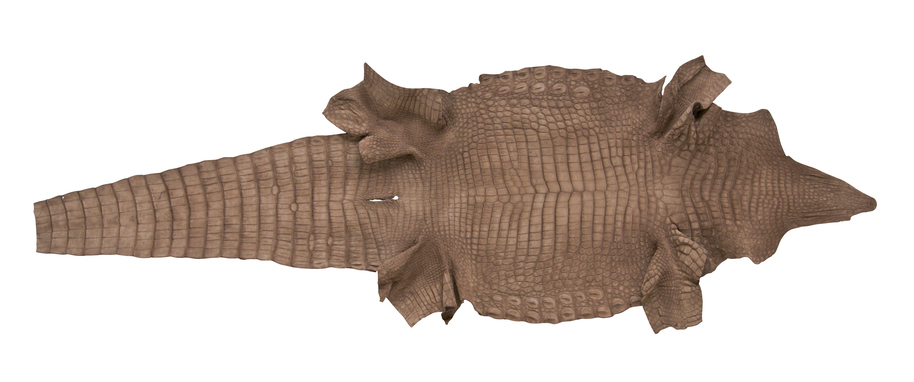flay
(verb)
/fleɪ/
 LISTEN
LISTEN


To flay means ‘to strip the skin off an animal or a person’ or ‘to strip the outer covering off something.’ Figuratively, it can mean ‘to strip of money or property,’ although this sense is now rare. Flay can also mean ‘to criticize harshly’ or ‘to scold severely.’
Example sentences
- The hunter flayed the rabbit.
- Workers were flaying the bark from the wood.
- The king flayed his people with taxes.
- The critics flayed the director's new play.
- Mick's parents flayed him for staying out all night.
Words often used with flay
flay alive: literally this means to remove the skin from something or someone while they are still living, but it is often used as an exaggerated threat against someone. Example: “When I catch those kids who keep ringing the doorbell and running away, I’m going to flay them alive!”
In pop culture
In season 2 of the popular TV show Stranger Things, we see the character battling a monster called the mind flayer. This monster has its origins in the role playing game Dungeons and Dragons, which was very popular in the 1980s, when the show is set. This video tells you more about the background of the mind flayer. But if you haven’t seen season 2 of Stranger Things yet, we should warn you that this video will give some information about the plot, but there are no major spoilers (things that might ruin it for you):
Did you know?
In some instances, the verbs to flay and to skin are interchangeable. However, to skin generally means to remove the whole of the skin from something whereas flay can mean to remove a portion of the skin only. Flay is used particularly when the flesh beneath the skin is laid bare with lashes of a whip or some other very abrasive action, for example.
Other forms
flayer (noun)
Origin
Flay dates back to before the year 900. The Old English verb flēan (pronounced “flay-an”) became the Middle English flen (pronounced “flayn”), and eventually dropped the n. The addition of the y and the change of an e to an a happened when spelling became standardized after what linguists call the Great Vowel Shift, which was when all long vowels in English, which used to sound more like the long vowels in German or Italian, took on the sounds we recognize today. Flay can be traced back to the Proto-Germanic verb flahan, and the Proto-Indo-European root pleik– (to tear or rend). It is related to the Middle Dutch vlaen, the Old High German flahan and the Old Norse fla (all meaning ‘to flay’), as well as the Lithuanian plešiu (to tear) and the English words flesh, flitch, flex and flax, among others. Unlike the variations in spelling of the verb, the meaning of flay has always remained stable, ‘to flay or skin.’ It has been used figuratively since before the year 900.
Word of the Day is released Monday through Friday.


